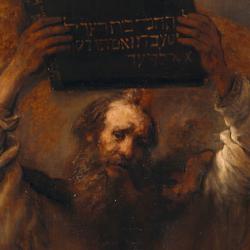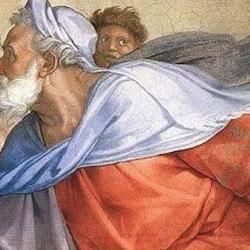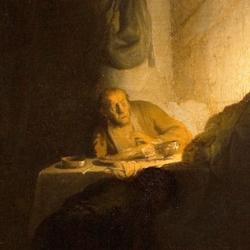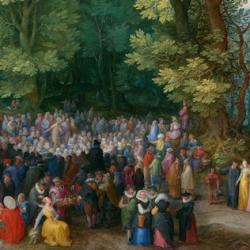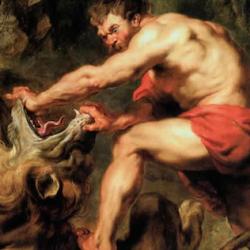The Third Word (Exodus 20:7) prohibits Israel and the church from bearing (nasa’) the Name of Yahweh lightly. What might it mean to “bear” the name? The verb is used some thirty times in Exodus, with a remarkable range of meanings. Exodus 6:8: Yahweh nasa’ to give the land to Abraham, Isaac, and Jacob. “Bear” means “swear,” and that seems to be part of the significance in the Third Word. As Patrick Miller points out (Ten Commandments, 65), Deuteronomy 6:13... Read more

